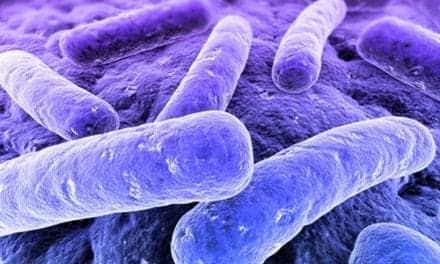While research is still ongoing, scientists have identified multiple factors that play a role in the higher rates of asthma seen in African Americans.
Genetics: Although there is evidence to suggest that social determinants and inequities in healthcare play a role, certain biological factors also appear to be associated with the disparities outlined above. For example, differences in genes that make someone more susceptible to developing asthma or increase the severity of their asthma symptoms may also explain the higher rates of asthma in African American populations.
A study in the American Journal of Respiratory and Critical Care Medicine examined some possible differences in people’s responses to respiratory medications. The researchers used a cohort of 1,441 African American, Puerto Rican, and Mexican American participants. The researchers found both common — that is, those that affected all populations — and rare genetic variants associated with a decreased response to albuterol. Albuterol is a bronchodilator that doctors frequently prescribe to treat asthma. Although research continues, genetic mutations such as these may provide some explanation for the disparities in asthma rates in different racial groups.
Healthcare inequalities: Inequities in healthcare occur for various reasons, including systemic racism and policies that discriminate against African American populations. Discrimination and racism affect economic stability and, in turn, access to healthcare. A lack of accessible healthcare may lead to a person having poorly managed asthma.
Social determinants: Social determinants include factors such as a person’s physical environment and socioeconomic status. For example, having poor housing conditions and a low income may result in increased exposure to asthma triggers such as mold or higher levels of air pollution.










